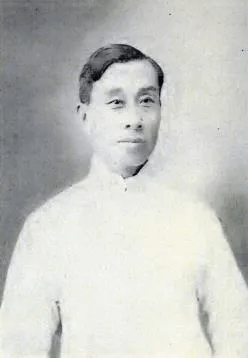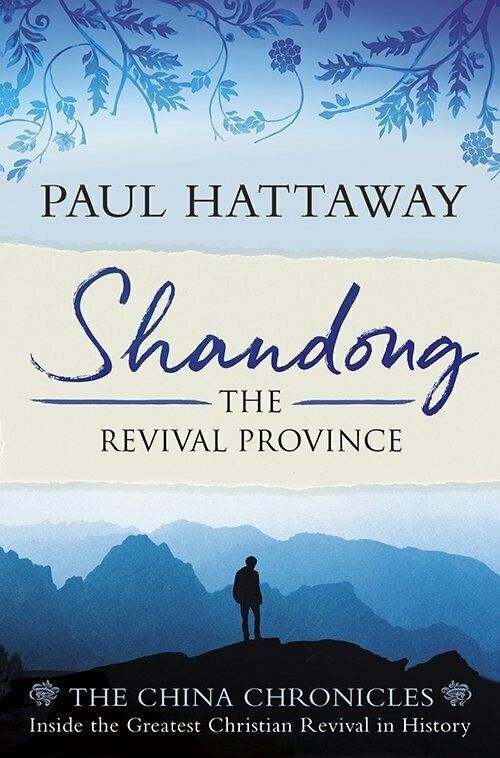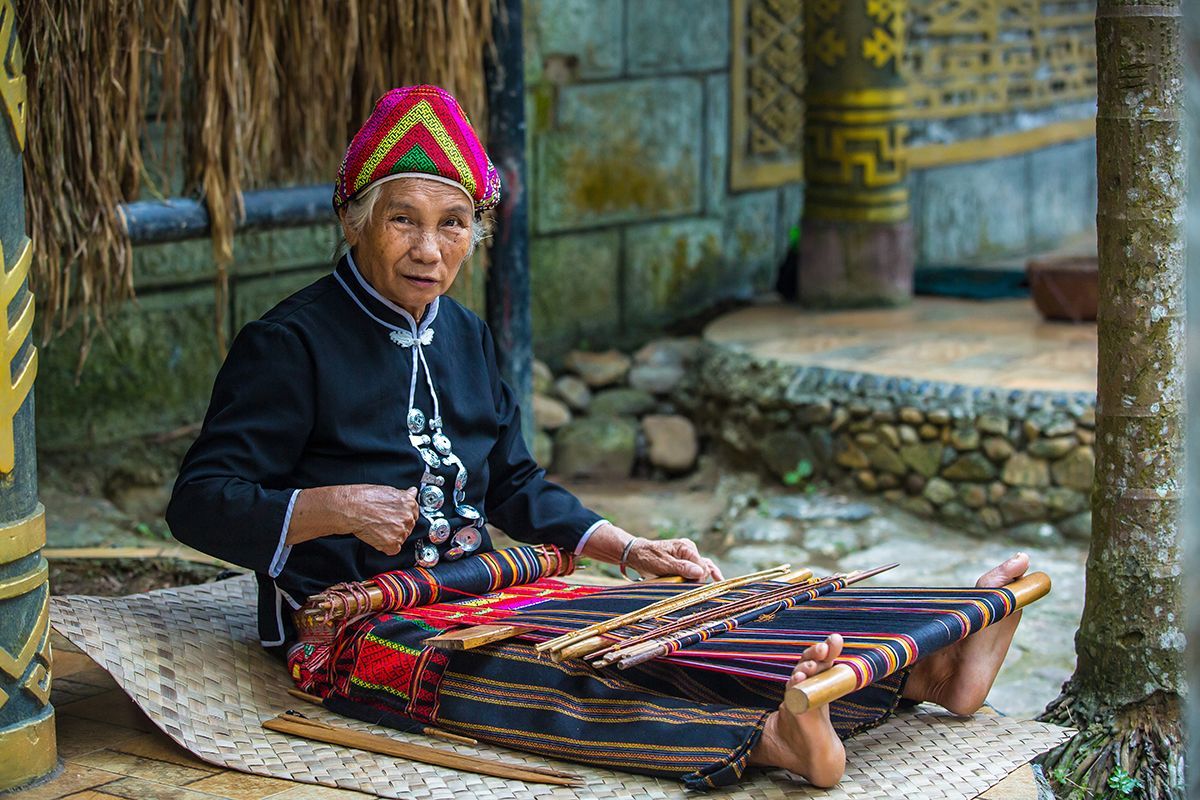Ding Limei - Morning Star of Revival (1871 - 1936)

Ding Limei.
Of all the Christian leaders in Shandong during the first half of the twentieth century, few were as influential as Ding Limei (1871-1936).
Named Limei ('Established Beauty') by his parents, Ding grew up in the rural village of Da Xintan near Qingdao, and as a teenager he attended the Presbyterian school at Penglai. When the Boxer Rebellion broke out, Deng was 29-years-old and was already a well-known preacher. His life was spared, but he was arrested and thrown into prison for 40 days, during which time he was severely beaten and received 40 lashes on five different occasions.
Ding emerged from prison with a renewed vision to preach the gospel throughout China, and he believed the key to securing a Christian future for his nation was to reach students for Christ. From 1908 to 1923 he served as an itinerant evangelist affiliated with the YMCA's China Student Volunteers for Evangelism. He traveled extensively throughout the 18 provinces in China at the time, and thousands of people were saved at his meetings. In 1919 he fulfilled his vision of preaching in every province when he led a team to work among the Miao minority group in distant Yunnan Province.
By the early 1920s, Ding believed God was refocusing his efforts from evangelistic crusades to theological education. He was burdened with the realization that although he had led thousands of people to faith in Christ, many had perished because they lacked a basic knowledge of the Scriptures.
Ding taught for eight years at the North China Theological Seminary, and in 1932 he became the professor at a newly established seminary in Tianjin. Ding Limei was held in such high regard by the foreign missionary community that they conferred on him the nickname, 'The Moody of China,' in reference to the great American revivalist D.L. Moody.
The Blessed Village
Although Ding Limei traveled far from his home village and was away for long stretches of time, many testimonies emerged of how God protected the little village from natural and man-made disasters. Many people believed the divine protection on that community was due to the hand of God on Ding's family.
One year was particularly bad for floods, and the river that flowed near Da Xintan broke its banks in 18 different places within a six-mile distance from the village. Dozens of villages and thousands of homes were completely destroyed by the torrents, and a larger village across the river from Da Xintan was demolished by the floodwaters even though it was situated at a much higher elevation. Da Xintan was somehow spared, even though it sat lower than the surface of the raging river. The community at the time was home to four generations of Christians, with one report noting,
"Ding is one of the most able and consecrated preachers in the land, and is used more largely in leading Chinese students to decide for the ministry than any other person. And in the midst of flood conditions exceeding in duration and virulence anything for 50 years, his village had deliverance little short of miraculous....
The Ding clan has conspicuously and signally stood for the Lord in the face of great opposition, even loss and persecution. They realize that all their hopes are bound up in the one true and living God and they are committed to His service. They had marked deliverances before, which had bulwarked their faith, and which were now to them earnests of God's grace in these days of flood, famine, pestilence and civil war." 1
For the last few years of his life, Ding battled serious illness. He remained home with his wife and three children, and devoted his time to prayer and writing. He kept three notebooks with the names of those for whom he was praying, and at one stage more than 5,000 names were recorded in his books.
© This article is an extract from Paul Hattaway's book 'Shandong: The Revival Province'. You can order this or any of The China Chronicles books and e-books from our online bookstore.
1. Scott, Answered Prayer in China, pp. 203-5.





